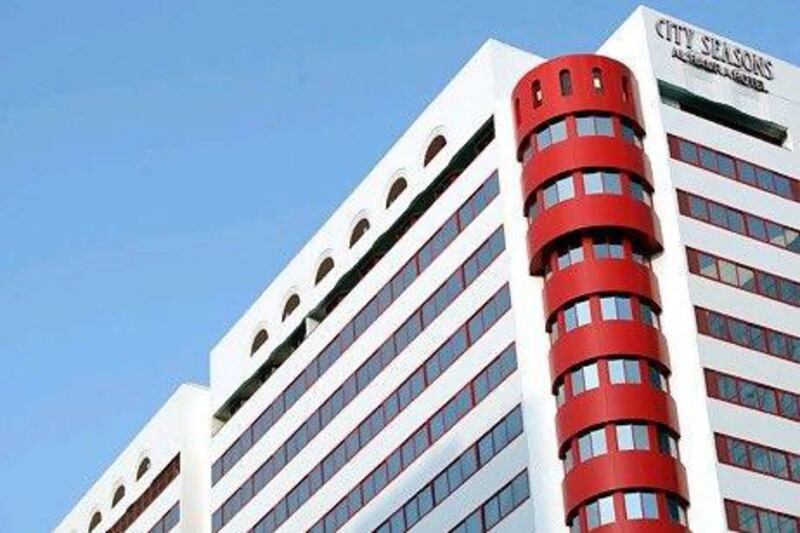Guests checking into inferior hotels in Abu Dhabi a couple of years ago would have had few affordable alternatives if they suddenly discovered they were sharing their accommodation with bed bugs, or if noise from a nearby construction site gave them sleepless nights. Rooms were hard to come by and operators could charge top dollar, even for a room of poor quality.
That has all changed. As new hotels have been built in the capital, international operators have poured into the market, and with more hotels to come, many older properties will have to raise their game to survive, industry insiders say.
Within the next year, an array of luxury properties including the Jumeirah Etihad Towers, Park Hyatt and the Rocco Forte hotels, and budget chains including Ibis, Centro by Rotana, and Premier Inn will open hotels in the capital. These modern, low-cost branded properties - hotels managed by a major operator under a well-known brand - are likely to present stiff competition for ageing, unbranded lodgings.
"They have to make a decision," says Christophe Landais, the managing director of Accor Middle East, which has brands including Ibis and Novotel.
"Either they refurbish and they upgrade, if they can, or they just go. What we see in some countries sometimes when the hotels really have no standards is they just disappear."
Analysts say the cost of refurbishment varies widely depending on the scope of the work, but could typically be about US$50,000 (Dh183,650) per room.
The growth in the number of hotel rooms is outpacing the increase in the number of tourists coming into the emirate, putting pressure on lower-quality properties in the market.
"At the moment the inventory is a bit unbalanced, especially for Abu Dhabi," Mr Landais says. "It seems that we have much more supply and there is more to come as well, compared to the demand. I think that will take some years before it stabilises and we find the equilibrium between demand and supply."
He says older five-star properties will also have to make changes to keep up with the new players.
"They will have to invest to bring their standards to the same levels, or at least to get closer."
Abu Dhabi is keen to raise the standards of the accommodation as it aims to attract 2.3 million hotel guests next year, up from 1.81 million last year. Its strategy is to target the business traveller and high-spending tourist with attractions such as golf, sailing and museums.
In 2009, the Abu Dhabi Tourism Authority (ADTA) launched a strict new classification system to force hotels to raise their standards if they wanted to achieve a high star rating. That forced a couple of small properties out of the market.
"Changes in Abu Dhabi's accommodation portfolio will be ongoing, and it is common in most mature and maturing destinations that new properties increase competition for existing stock," says Lawrence Franklin, the director of strategy and policy at ADTA.
"This is especially the case if the new stock is seen by the consumer to be more glamorous, has brand cachet, is better equipped, better located or delivers better value. Not everyone is impacted in the same way, however, as many existing properties will maintain their distinctive competitive advantages. These can include an established reputation in the market, historically preferential locations, a loyal customer base, marketing expertise, knowledge of local networks and so on."
The City Seasons Al HamraHotel in Abu Dhabi is being refurbished because it would have been only a two-star hotel under the ADTA's classification system. It closed last month so restaurants and extensions could be added as part of a Dh90 million programme that will make it a four-star hotel.
But not all owners can afford to upgrade their properties.
"What to do with an ageing hotel is always a dilemma for an investor," says Chiheb ben Mahmoud, the senior vice president at Jones Lang LaSalle Hotels Middle East and Africa.
"In general rule, hotels have to undergo significant refurbishment after about 10 years of operations," Mr ben Mahmoud says. "This figure is highly variable, depending on the competitive environment, the design and initial equipment of the hotel, the overall prevailing trends in terms of design and technology.
"For hotels under management of international operators, property improvement plans are the subject of important assessment, negotiation and discussion. They are sometimes an opportunity of repositioning or rebranding."






